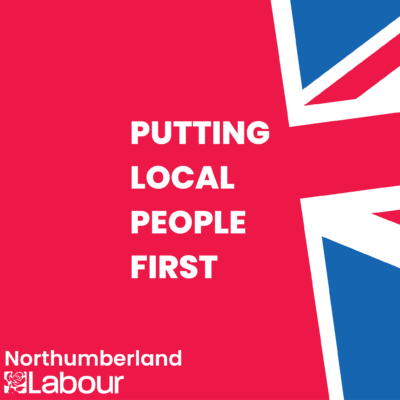More children in the North East are living in poverty compared to rest of the UK and that was before Covid-19 hit the country with such a devastating social and economic impact.
Ten years of a Conservative government, who chose austerity measures to tackle the after effects of the international banking crisis, have left our children far worse off than anywhere else in the country.
What local families did not need was a pandemic on top of what was already a dreadful situation.
The Centre for Research in Social Policy at Loughborough University has published an analysis of child poverty date published by the Department of Work and Pensions from 2014 to 2019.
Even before the arrival of Covid-19, the North East of England had the unenviable position of seeing the biggest increase in child poverty, with almost a quarter (23 per cent) of children living below the poverty line.
In Northumberland that figure is 20 per cent, meaning one in five children are living below the poverty line, a rise of five per cent over the last five years.
Poverty leaves families vulnerable and unable to cope with even small unexpected events, let alone something as catastrophic as the coronavirus pandemic.
Nationally around 8.3 million people have reported a drop in income since the coronavirus crisis with 2.6 million struggling to pay their bills.
Children’s charities have warned a drop in income for millions of families could deepen the UK’s child poverty crisis. Recent studies predict that tens of thousands more children could be living in poverty after the country beats coronavirus, resulting in a new child poverty emergency.
In its latest report on personal and economic wellbeing in the UK, the Office for National Statistics reports that people are earning less and have less disposable income while coping with increased costs for housing, heating and food.
Leader of the Labour group at Northumberland County Council Susan Dungworth said: “The last 10 years of a Tory government have sought to make savings by punishing the people who can afford it least, plunging many more children into poverty.
“Families who might have just been able to keep their head above water are also falling into poverty. Working at home is not an option for many families with many local people working in the care and hospitality sectors.
“The government says it is supporting people through the crisis, but its efforts are not helping those whose lives were already on the edge because of poverty. Without years of austerity our communities would be more resilient and these families would have been in a stronger position to weather the storm.
“In a rich country like the UK, putting children and families into poverty is a political choice. It is as if poverty is the fault of the family, and this could not be further from the truth. Families are struggling to survive, children are missing out on opportunities to thrive and misery is the result.
“Quite frankly the government should be ashamed that, after 10 years in power, more and more of our children and the families around them are being placed in this desperate situation as a result of brutal cuts to services.
“I have heard many people say that after we come out of this pandemic, the country should be a different place; more kind and compassionate. And we have seen many fabulous examples of people helping each other through this difficult time. But that needs to be sustained.
“Governments nationally and locally need to take a long hard look at what they have created; ten years of the richer getting richer and largely being able to insulate themselves from the worst of the pandemic and ordinary people getting poorer and poorer and, tragically seeing no way out. This government talked about levelling up, but they have created the inequalities in the first place.
“The mental health fall out of poverty, with the traumatic pandemic on top, will need to be addressed, otherwise the government will be failing the people it is supposed to be serving.”

